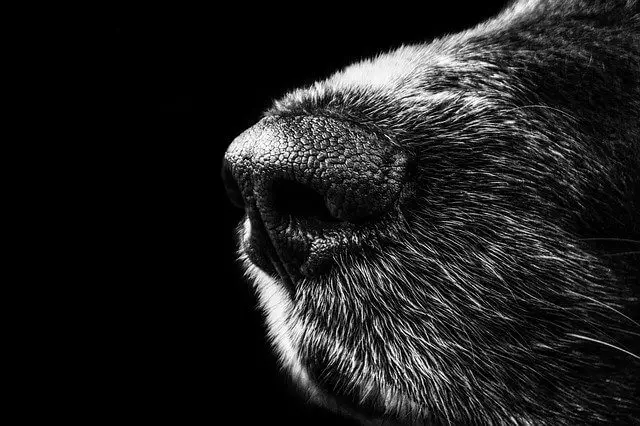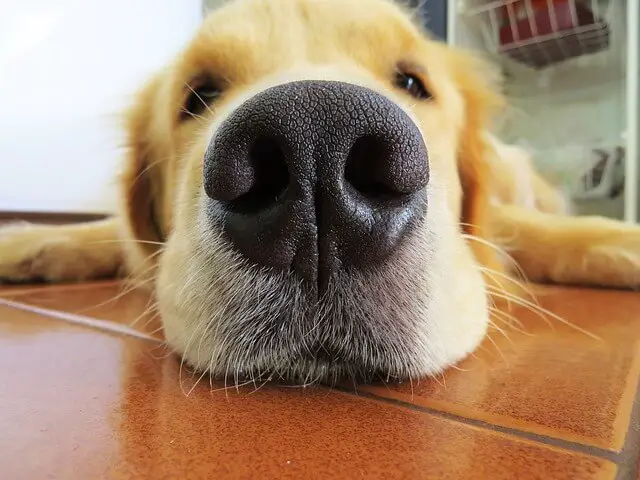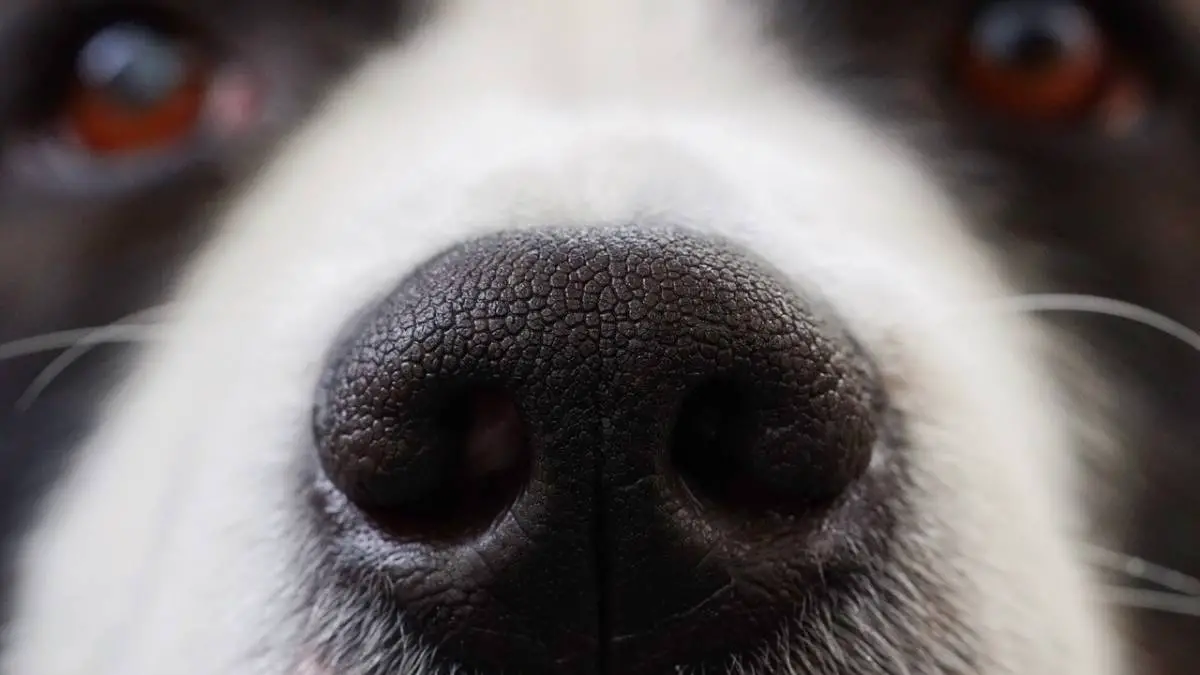What Does a Dog Runny Nose Mean?
29.05.2021.
As responsible dog owners, it is our duty to take care of our dog’s health. One of the main signs something might be wrong is if you notice your dog’s runny nose. While we share some illnesses with our dogs, like colds or the flu, they might display symptoms different from symptoms we have when experiencing these diseases. If your dog has a runny nose, you are right to keep an eye on them. Here is what you should know about this issue;
What does a runny nose in dogs mean?
If your dog has a runny nose, that means they have some sort of discharge coming from their nasal cavity. It is usually a big deal for them since they have 220 million scent receptors compared to our 5 million. Dogs need their noses in top shapes, and they will feel very uneasy if their noses don’t work as they should. Here are some of the most common dog runny nose causes;
Allergies
Just like humans, dogs can be allergic to different things. Dogs can have seasonal allergies, food allergies, chemical allergies, and can even be allergic to human dandruff (dead skin cells). It can be challenging to determine what your dog is actually allergic to. Still, it is a common reason why dogs have runny noses. Your dog will experience eye discharge, itchiness, redness, breathing issues, and possibly nosebleeds.

What to do about it?
If your dog has a runny nose because of allergies, the best thing is to avoid the allergen causing your dog problems. That can be difficult if your dog has food allergies, and you might have to switch them to special diets with limited ingredients. Dogs can take allergy medicine that will help ease the allergy symptoms they are experiencing.
Blocked nostril
If your dog has a runny nose, but the discharge is coming from one nostril more than the other, they might have a foreign object stuck in their nostrils. You should check your dog for signs of those objects and make sure they have a runny nose because of a blocked nostril. It is possible your dog dove into something muzzle-first, and both of their nostrils are blocked.
What to do about it?
Check their nose, and if it is a piece of grass, carefully remove it. If you see signs of larger objects blocking their nostril, you should not try to remove them yourself. Call your vet and let them know your dog has a foreign object stuck in their nostril, and ask when you can bring them in for a check-up. If you try to remove the object yourself, you might cause damage that will be even harder to fix.
Infection
Another common reason dogs might have a runny nose is infections. Viruses, fungi, or bacteria can cause nasal infections, and you might notice your dog has a bad nasal discharge. Other infection symptoms can include nosebleeds, bad odor, and choking and coughing from post-nasal dripping.

What to do about it?
The exact treatment of this type of dog runny nose will depend on the cause. Viral infections cannot be treated with antibiotics, but bacterial infections can. Fungal infections might be treated with topical ointments and antifungal drugs. Your vet will decide on the best treatment, but it will be your job to make sure the treatment goes all the way. You shouldn’t stop giving your dog antibiotics because they seem better; the infection might return.
Brachycephalic breeds
Brachycephalic dog breeds like the Boston Terrier, French Bulldog, Affenpinscher, Boxer, and many others might simply have a runny nose. Their shorter airways and nostrils will cause more nasal discharge, and a runny nose will be a part of the package. These dogs are prone to overheating, heatstroke, and collapsed trachea, so make sure you keep an eye on their noses and breathing.
What to do about it?
Unfortunately, there is nothing you can do about it. You and your dog will have to learn to live with a runny nose in your dog. However, poorly-bred brachy breeds are prone to health issues, so make sure you get a dog from a registered breeder that breeds only healthy dogs.
Tumors and polyps
A runny nose can be an early sign of polyps and tumors. Polyps are overgrown mucus-producing glands, and if your dog has those, their nose will be running a lot. Some other symptoms will include blood, pus, and mucus discharges. If you notice these symptoms, make sure you call your vet and schedule an appointment as soon as possible.
What to do about it?
The only thing you can do is call your vet. Let them know what is going on with your dog and ask what you should do next. Most polyp treatments involve surgery. Benign tumors can also be operated on, but malignant are rarely successfully removed with surgery. They will be treated with radiation, but the prognosis for malignant nasal tumors is usually really bad.
If you want to know more about tumors in dogs, check out this article - Cancer in dogs.
Diseases
Many diseases include a runny nose in the list of their most common symptoms. Some illnesses are dangerous and contagious, and others are easier to handle and not as scary. Some of these diseases are canine distemper, Rocky Mountain Spotted fever, dog flu, canine influenza virus, kennel cough, and a “common” dog cold.
What to do about it?
The exact treatment will be determined by the exact cause. Your vet will perform different tests to determine your dog’s disease and what is exactly causing them a runny nose. The best treatment for most of these diseases is prevention. Make sure your dog is vaccinated and protected as best as possible.
World Dog Finder team







Share